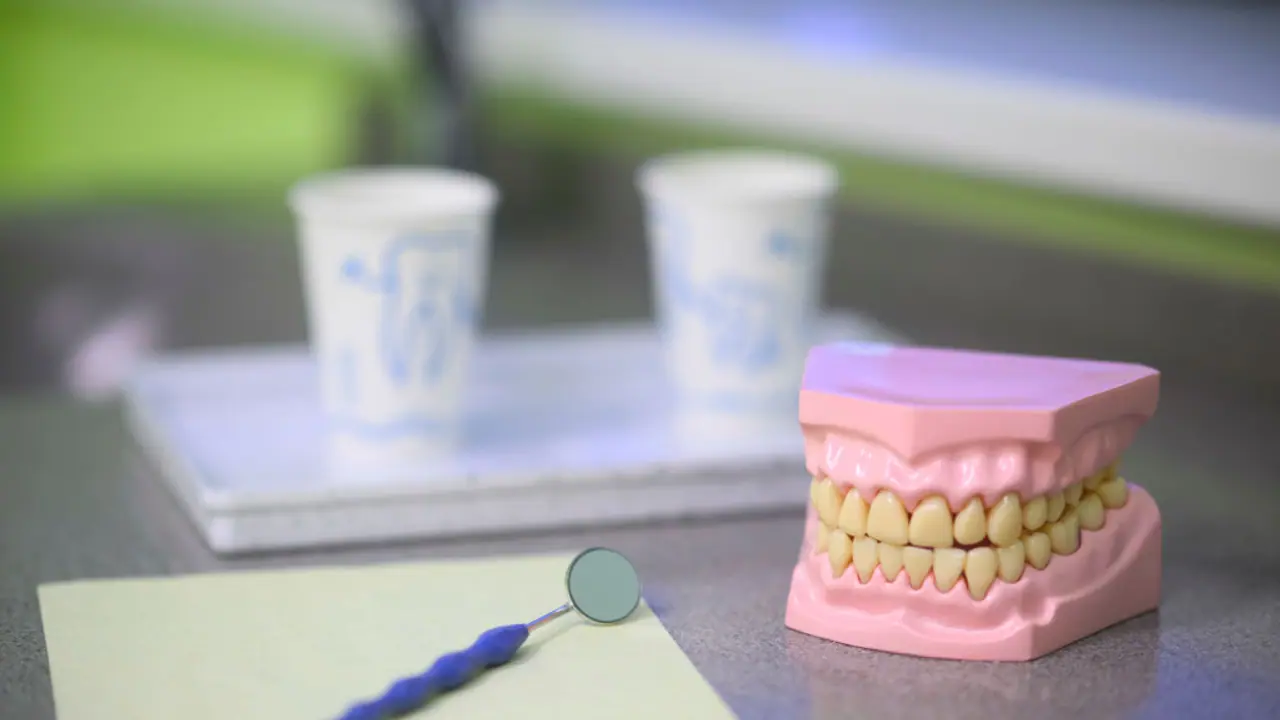Scientists believe that within the next two decades, lost teeth could be naturally regrown instead of being replaced with artificial implants or dentures.

Scientists believe that within the next two decades, lost teeth could be naturally regrown instead of being replaced with artificial implants or dentures. Researchers at Tufts University have successfully cultivated human-like teeth in pigs, bringing the vision of tooth regeneration one step closer to reality.
The study involved extracting cells from both human and pig teeth, carefully cultivating them in a lab, and then stimulating their growth into viable tooth tissue. Once the newly formed tissue was implanted into pigs' mouths, it continued developing, mimicking the process of natural tooth growth.
While the teeth produced aren’t yet flawless in shape or size, Professor Pamela Yelick, the lead researcher, emphasized that the final result bears a striking resemblance to a real human tooth.
"The science isn't quite ready for human use just yet, but the rapid advancements in tissue engineering and regenerative medicine are making it increasingly feasible," she explained, Daily Mail reported. "I 100 percent think regenerating human teeth can happen. I believe we can do this in my lifetime, and I'm in my mid-60s."
Published in the journal Stem Cells Translational Medicine, the study demonstrated that once implanted, these lab-grown teeth could fully form in under four months. If successfully adapted for human use, this breakthrough could revolutionize dental care, eliminating the need for dentures and artificial implants, which often fail to replicate the natural feel and function of real teeth.
"We use cells from wisdom teeth that need to be extracted, expand them in the lab to tens of millions of cells, and then guide them into forming tooth tissue," Dr. Yelick explained.
"Even after freezing and thawing these cells, they still ‘remember’ how to develop into tiny teeth. The best-case scenario would be to initiate their formation in a lab and then implant them directly into the mouth, where they can continue to grow naturally."
Dr. Yelick, a professor at Tufts School of Dental Medicine, has already founded a biotech company called RegendoDent to bring these groundbreaking innovations to the market. One of its first inventions, RegendoGel, offers a naturally grown tooth pulp that can be implanted during a root canal procedure.
Instead of using conventional cement, dentists could use this gel to fill hollowed-out teeth with living pulp—comprised of blood vessels and nerves—helping to keep the tooth alive and preventing further decay.
"We're hoping to develop tooth roots that can support crowns while properly fitting a patient’s bite. These could even be resistant to cavities and gum disease, making them not only functional but also therapeutic," said Dr. Yelick.
Her work has already caught the attention of the US Department of Defense, which sees potential applications for soldiers who suffer facial injuries in combat.
